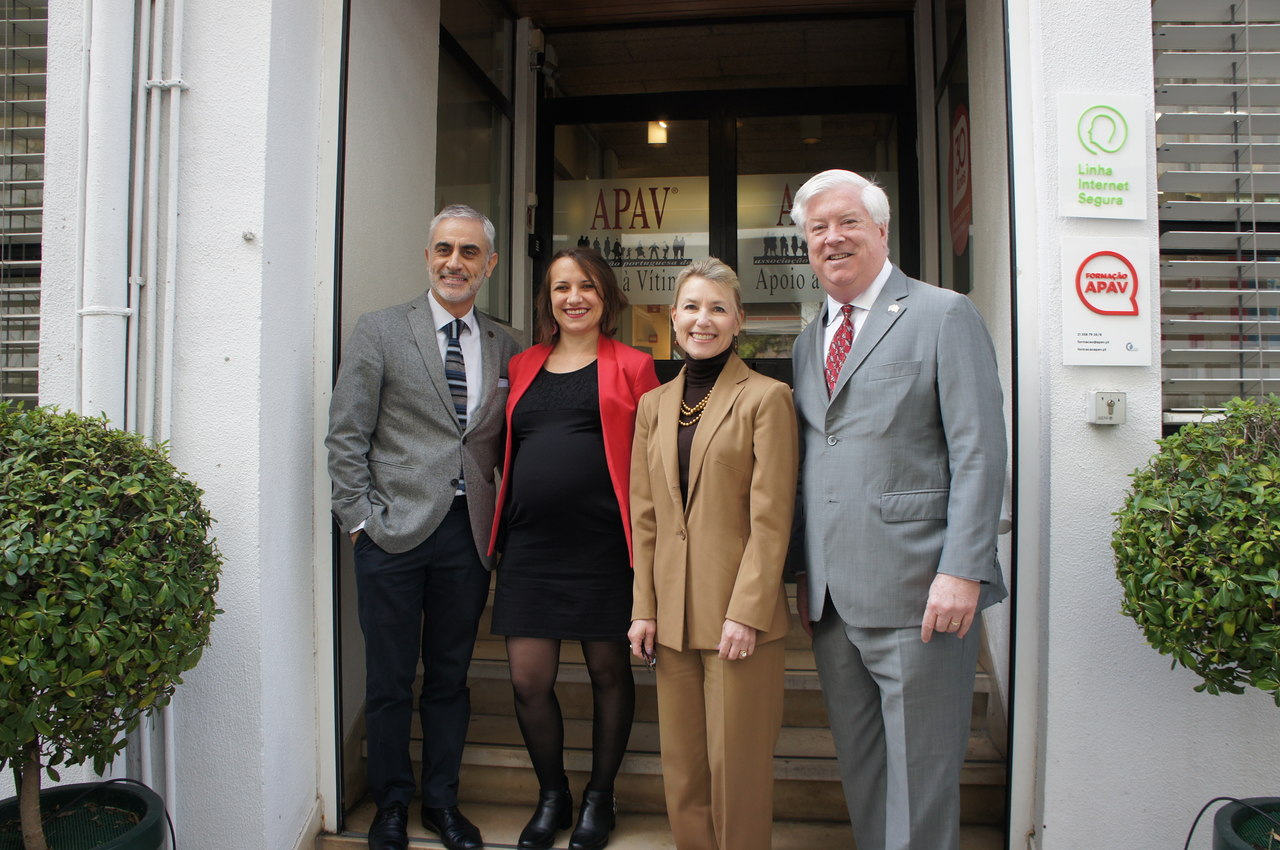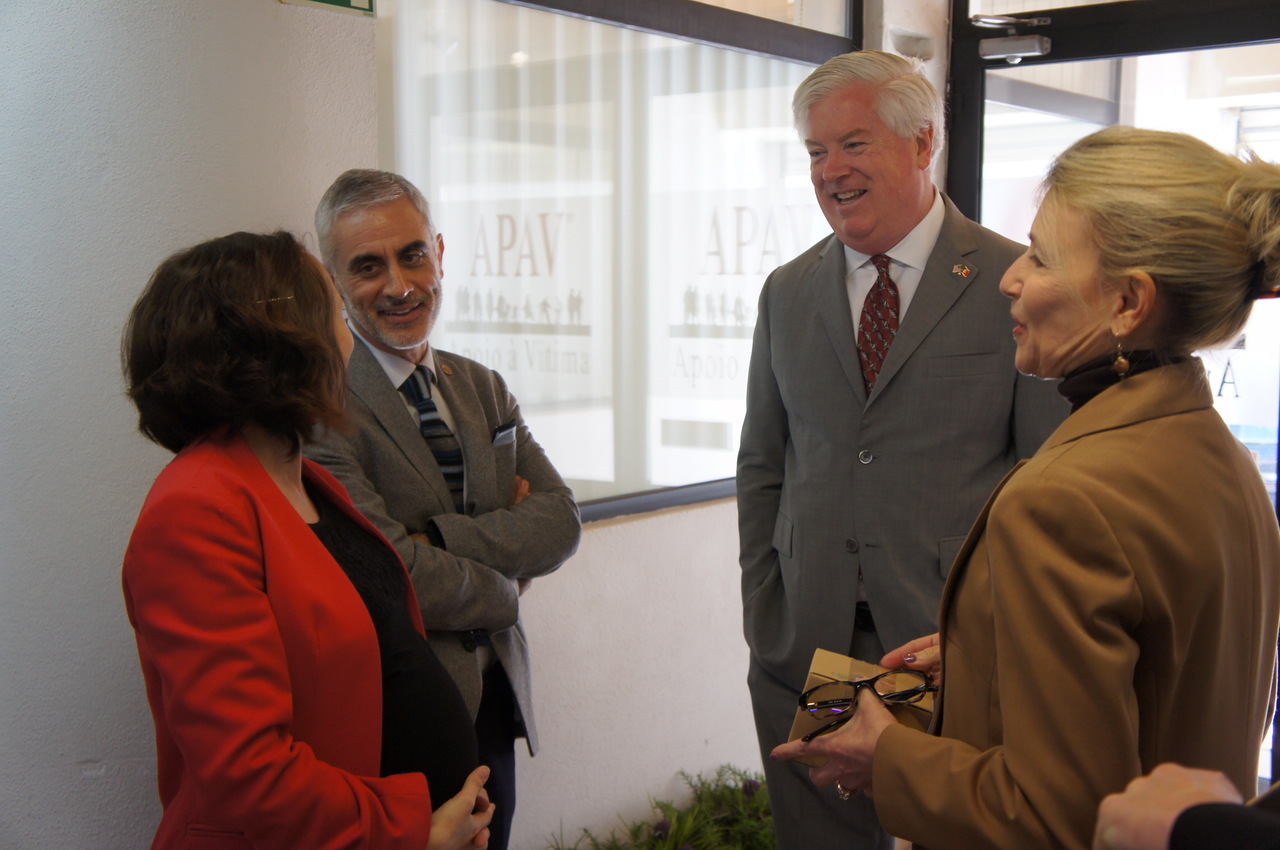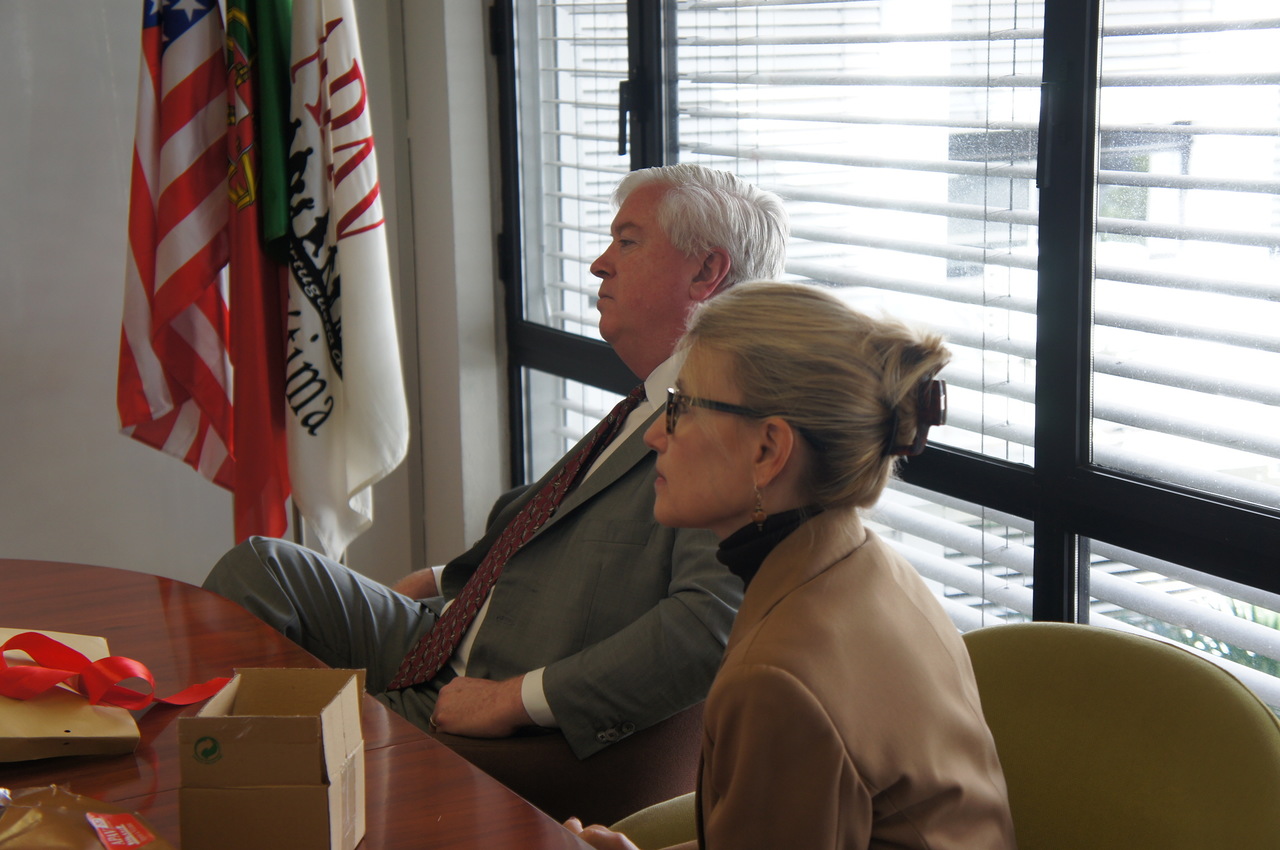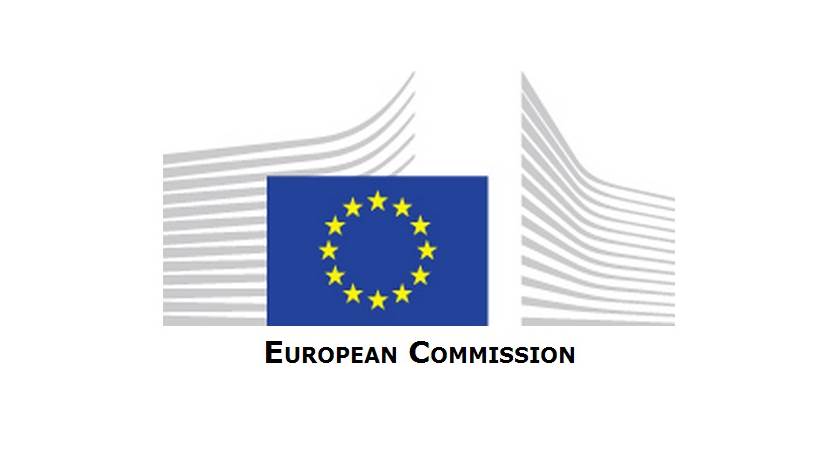
USA Ambassador in Portugal visit APAV headquarters




On 9th March, USA ambassador George E. Glass and embaixatriz Mary Glass, from the nation's Embassy and Consulate in Portugal, visited APAV.
João Lázaro, APAV’s president, and Carmen Rasquete, secretary-general, conducted a visit through APAV’s headquarters that concluded in talks about the organization’s work and a potencial partnership between APAV and the USA Embassy.
General Assembly’s Postponement

APAV’s Ordinary General Meeting on the 23rd march will be postponed by decision of APAV’s Chairman of the General Assembly, in accordance with article 4º of Decree-Law nº10-A/2020, of 13th march, which, given the current national state of emergency, extends the deadline for General Meetings.
European Comission interviews APAV on its terrorism victims’ support

By occasion of European Day of Remembrance of the Victims of Terrorism, specialized network Support to Family and Friends of Victims of Homicide (RAFAVH)’s manager Bruno Brito was interviewed by the European Comission in order to discuss APAV’s work on the support of terrorism victims and their families and friends.
Full interview here.
COVID-19 | How to protect yourself from online scams

The massive amount of information about COVID-19 currently available facilitates crimes like phishing, which take advantage of the social fear of the sometimes mortal virus.
How does it work?
Cybercriminals send emails pretending to be from legitimate organizations with information on the new coronavirus. In those emails, there are files attached supposedly containing data on the most recent developments of the epidemic, for example, but that are, in fact, intended to make you download malicious software to your devices.
The malicious software – malware – may allow for the cybercriminal to take control of your device, registering everything you write or accessing your personal information and financial data, which can lead to identity theft.
How to identify a COVID-19 related phishing email?
These emails can take many forms, but APAV has reunited some recommendations to help you identify them:
-Pay attention to emails which ask for your personal information, like your social security number or your login details on bank websites. Official organizations do not ask for these type of information, so do not answer these emails.
-Check the email adress or link. You can do this without clicking the link, by placing the mouse on top of it. Sometimes it is obvious that the adress or link are not legitimate, but be careful as cybercriminals can create believable imitations of real addresses. Delete the email.
-Pay attention to spelling or gramatical errors, as it is likely that an email which includes them is a phishing one. Delete the email.
-Pay attention to generic greetings such as “Hi”, “Good morning” or “Dear sir/madam”, as most phishing emails will not usually mention your name.
-Avoid emails that give you a sense of urgency. Phishing emails require immediate action, like for you to click a link or give personal information. Instead, delete the email.
APAV is available to help you
If you suspect to have received a phishing email or were a victim to this kind of online scam, contact APAV’s Safe Internet Line by calling 800 21 90 90 or by emailing This email address is being protected from spambots. You need JavaScript enabled to view it..
COVID-19 has affected the lives of millions of people worldwide. It is impossible to predict its long term impact, but it is possible to take precautions to avoid being a phishing victim.












